Ant Control in House | Efficient Ant Control in House Solutions
If you've noticed ants in your house, you're not alone. Ants can be a common household pest, causing annoyance and potential damage. But fear not, there are effective ant control measures you can take to stop ants in your house and keep them at bay. In this article, we'll provide expert tips and solutions to help you tackle your ant problem.

Key Takeaways:
- Identify signs of ant infestation in your house.
- Use indoor treatments like ant baits and non-repellent sprays.
- Implement outdoor treatments for controlling ant activity in your yard.
- Consider natural ant control methods using diatomaceous earth, borax, and vinegar.
- Maintain preventative measures to keep ants from returning.
Identify an Ant Problem
If you're experiencing an ant problem in your house, it's important to take action quickly. Ants can contaminate your food, spread diseases, and even cause structural damage. By identifying the signs of ant infestation, you can address the issue before it becomes a major problem.
Ant activity often increases during the spring and fall seasons, and changes in weather can drive ants indoors in search of food and shelter. It's common to find ants in your kitchen, pantry, or near food sources. Look for trails of ants leading to their nests, as well as accumulations of ant debris such as dead ants or discarded wings.
To distinguish ants from termites, you can observe their physical characteristics. Ants have a distinct waist between their thorax and abdomen, while termites have a straight, thick waist. Additionally, ants have bent antennae, while termites have straight, bead-like antennae. Ants also have longer wings, with the front wings being larger than the hind wings, while termites have equal-sized wings.
Signs of Ant Infestation:
- Visible ant trails leading to their nests or food sources
- Piles of ant debris, including dead ants or discarded wings
- Ants gathering around food or water sources
- Presence of ant nests, usually located near or within walls, floors, or outdoor areas
- Damage to wooden structures, such as sawdust-like frass or hollow-sounding wood
By being able to identify an ant problem and differentiate between ants and termites, you can take the necessary steps to address the infestation effectively. The next section will provide insights into indoor treatments for ant control.
Indoor Treatments for Ant Control
When it comes to tackling ants inside your home, there are a couple of effective indoor treatments that can help you get rid of these pesky pests. Indoor ant baits and non-repellent ant sprays are two common methods used to control ant infestations.
Indoor Ant Baits
Ant baits are a popular choice because ants are social insects that live in colonies. The bait is designed to attract ants, which then carry it back to the colony, effectively eliminating the entire population. To use indoor ant baits, place them near areas of ant activity, such as along ant trails or near entry points. The bait should be refreshed regularly to ensure its effectiveness.
Non-Repellent Ant Sprays
Another option for indoor ant control is non-repellent ant sprays. These sprays are formulated to be undetectable by ants, allowing them to come into contact with the spray and transport it back to the colony. This method helps to target the entire ant colony, rather than just the ants you see. Non-repellent ant sprays can be applied along ant trails, entry points, or areas of ant activity.
Remember to always follow the instructions provided with the ant baits and sprays to ensure their safe and effective use. It's also important to note that different types of ants may require specific treatments, so it's best to identify the ant species invading your home for better targeted control.
To make your indoor ant control more effective, it's recommended to combine these treatments with other preventive measures to eliminate food, water, and entry points that attract ants into your home.
- Indoor ant baits are effective for social ants.
- Place baits near areas of ant activity.
- Refresh baits regularly for optimal results.
- Non-repellent ant sprays can also be used indoors.
- Sprays allow ants to transport the treatment back to the colony.
- Follow the instructions for safe and effective use.
Outdoor Treatments for Ant Control
If you have noticed ant activity in your yard, it's important to take outdoor measures to control and eliminate them. Here are some effective outdoor ant treatments that can help you get rid of these pesky insects:
1. Outdoor Ant Baits
Outdoor ant baits are a useful tool for controlling ant activity in your yard. These baits are specifically designed to attract and eliminate ants. They should be strategically placed near ant trails and areas where ants are commonly seen.

When using outdoor ant baits, make sure to follow the instructions provided by the manufacturer. It's also important to refresh the baits weekly to ensure continuous effectiveness.
2. Ant Killer Sprays
Ant killer sprays can be used outdoors to target ants directly. However, it's important to note that traditional spray treatments may only kill a small percentage of the ant colony, as the spray needs to make direct contact with the ants to be effective.
For more comprehensive ant control, consider using non-repellent sprays that are specially formulated for outdoor use. These sprays are designed to be undetectable by ants, allowing them to transport the spray back to the colony and effectively eliminate the entire ant population over time.
Remember to always read and follow the instructions on the ant killer spray product label to ensure safe and effective application.
By implementing these outdoor ant treatments - using ant baits strategically and considering non-repellent sprays - you can effectively control the ant population in your yard and prevent them from entering your home.
Natural Ant Treatments
When it comes to dealing with ant infestations, natural remedies can be effective and safe alternatives to chemical treatments. Natural ant treatments not only help repel ants but also eliminate them from your house. The following natural substances have been proven to be effective in tackling ant problems:
- Diatomaceous earth: Diatomaceous earth is a natural powder made from fossilized remains of diatoms. It works by dehydrating ants upon contact. This abrasive substance damages the ants' exoskeleton, causing them to dry out and eventually die. Sprinkle diatomaceous earth around entry points or directly on ant trails to repel and eliminate ants.
- Borax: Borax is a mineral compound commonly used as a household cleaner. It can also be utilized as an ant control method. When mixed with sugar and water, borax forms a bait that attracts ants. As the ants consume the mixture, the borax damages their digestive systems, ultimately killing them. Place small quantities of borax bait near ant trails or areas of high ant activity.
- Vinegar: Vinegar has multiple household uses, including ant control. Its strong smell disrupts ants' scent trails, making them lose their way. Prepare a mixture of equal parts vinegar and water and spray it around windows, doorways, and other entry points. This will discourage ants from entering your house and can also be used as a cleaning agent to eliminate ant pheromones.
By leveraging these natural ant treatments, you can address ant infestations in your house without resorting to harsh chemicals. Remember to use these remedies consistently and target areas where ants are most active for the best results.
Preventative Maintenance for Ant Control
To prevent ants from returning, regular outdoor maintenance is important. By implementing preventative measures, you can support the effectiveness of ant treatment methods.
- Trimming foliage away from the house: Ants are attracted to vegetation near your home, as they provide shelter and easy access to resources. Regularly trim trees, shrubs, and other plants that are in close proximity to your house. This will help reduce potential ant entry points.
- Raking mulch away from the foundation: Ants can use mulch as a nesting site and create pathways into your home. Keep a clear space between the foundation and mulch by raking it away to minimize the risk of ant infestation.
- Removing potential food sources: Ants are always on the lookout for food. Make sure to clean up any spills or crumbs promptly, and store food in tightly sealed containers. Regularly empty and clean trash cans to minimize odors that attract ants.
- Regular outdoor cleaning: Keep your outdoor spaces clean and tidy. Sweep away debris, including fallen leaves and twigs, as they can create hiding places for ants. Regularly wash outdoor furniture and play areas to remove food residue and potential ant attractants.
Borax as an Ant Control Method
If you're looking for an effective and affordable solution to get rid of ants in your home, borax can be a great option. Borax is a natural mineral compound that can be used as an ant control method by creating a simple solution.
To make a borax solution, you'll need to mix borax, sugar, and water together. The sugar attracts the ants, while the borax acts as a poison that kills them. This solution can be placed in areas where ants are commonly seen, such as near entry points, along ant trails, or near their nests.
Important: When handling borax, it's crucial to take safety precautions. Keep it away from children and pets, as it can be toxic if ingested. Make sure to label the container with a warning and store it in a secure place.
By using borax as an ant control method, you can effectively target and eliminate ant colonies. The sugar attracts the ants to consume the bait, and the borax disrupts their internal systems, eventually leading to their demise.
Remember to refresh the borax solution regularly to ensure its effectiveness. You may also consider using ant baits in conjunction with the borax solution for comprehensive ant control.

Essential Oils for Ant Control
When it comes to repelling ants, essential oils can be a natural and effective solution. Peppermint oil, tea tree oil, and lemon eucalyptus oil are all known for their ant-repellent properties.
You can easily create your own ant control spray using essential oils. Mix a few drops of the desired oil with water in a spray bottle and shake well. Then, simply spray the solution around the house, focusing on areas where ants are commonly seen or where they may be entering your home.
If you prefer a more targeted approach, you can also apply essential oils to cotton balls and place them in areas of ant activity. This way, the scent of the oils will deter ants from entering those spaces.
Remember, while essential oils are natural, they can still be toxic to pets, so it's important to keep them out of reach. Additionally, be sure to use essential oils responsibly and follow any safety guidelines provided by the manufacturer.
Using essential oils for ant control is not only an effective method but also a pleasant way to keep your home ant-free. Try experimenting with different oils to find the one that works best for you.
Other Home Remedies for Ant Control
While ant baits, sprays, and natural remedies are effective methods for controlling ants in your house, there are other home remedies you can try as well. These alternatives include using coffee grounds, cinnamon leaf essential oil, and neem oil.
One way to repel ants is by using coffee grounds. Simply sprinkle the coffee grounds in areas where ants frequently congregate, such as near entry points or along their trails. The smell of coffee can deter ants and disrupt their scent trails, making it less likely for them to return.
If you prefer using essential oils, cinnamon leaf essential oil is a good option. Mix a few drops of cinnamon leaf essential oil with water in a spray bottle and spray it around areas where ants are active. The strong scent of cinnamon can help repel ants and discourage them from entering your home.
Another natural remedy to consider is neem oil. Neem oil is derived from the seeds of the neem tree and has insecticidal properties. It can be used around plants to deter ants from feeding on them. Simply dilute neem oil according to the instructions on the bottle and apply it to the soil around your plants.
Keep in mind that while these home remedies can be effective, they may not eliminate the entire ant colony. It's important to combine them with other ant control methods for best results.
Conclusion
Controlling ants in your house requires a comprehensive approach that combines various methods and techniques. By implementing ant baits, sprays, natural remedies, and preventative measures, you can effectively manage ant infestations and ensure a safe environment for your home.
Identifying and addressing the factors that attract ants to your house is crucial. Eliminate potential food sources, seal entry points, and maintain cleanliness to minimize ant activity.
Remember to use ant control solutions that are safe for you, your family, and the environment. Be cautious when handling chemicals and always follow instructions provided by the manufacturers. By following these expert tips and taking proactive measures, you can successfully control ants in your house and prevent future infestations.
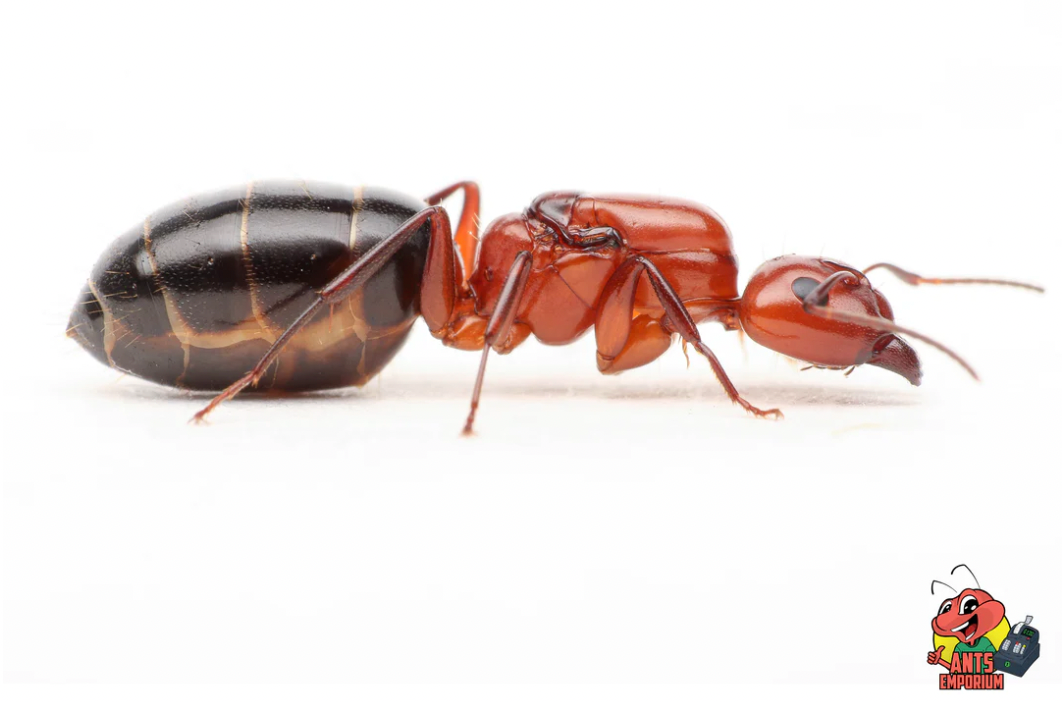
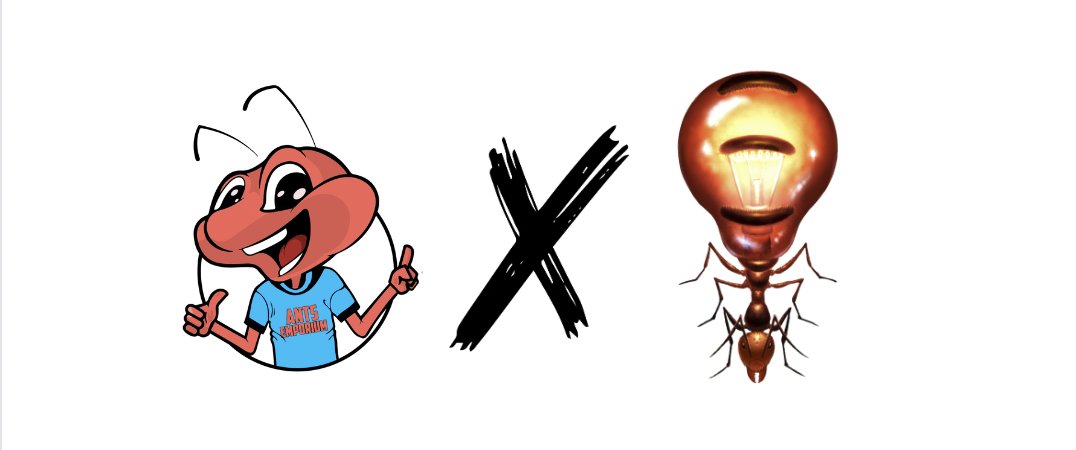
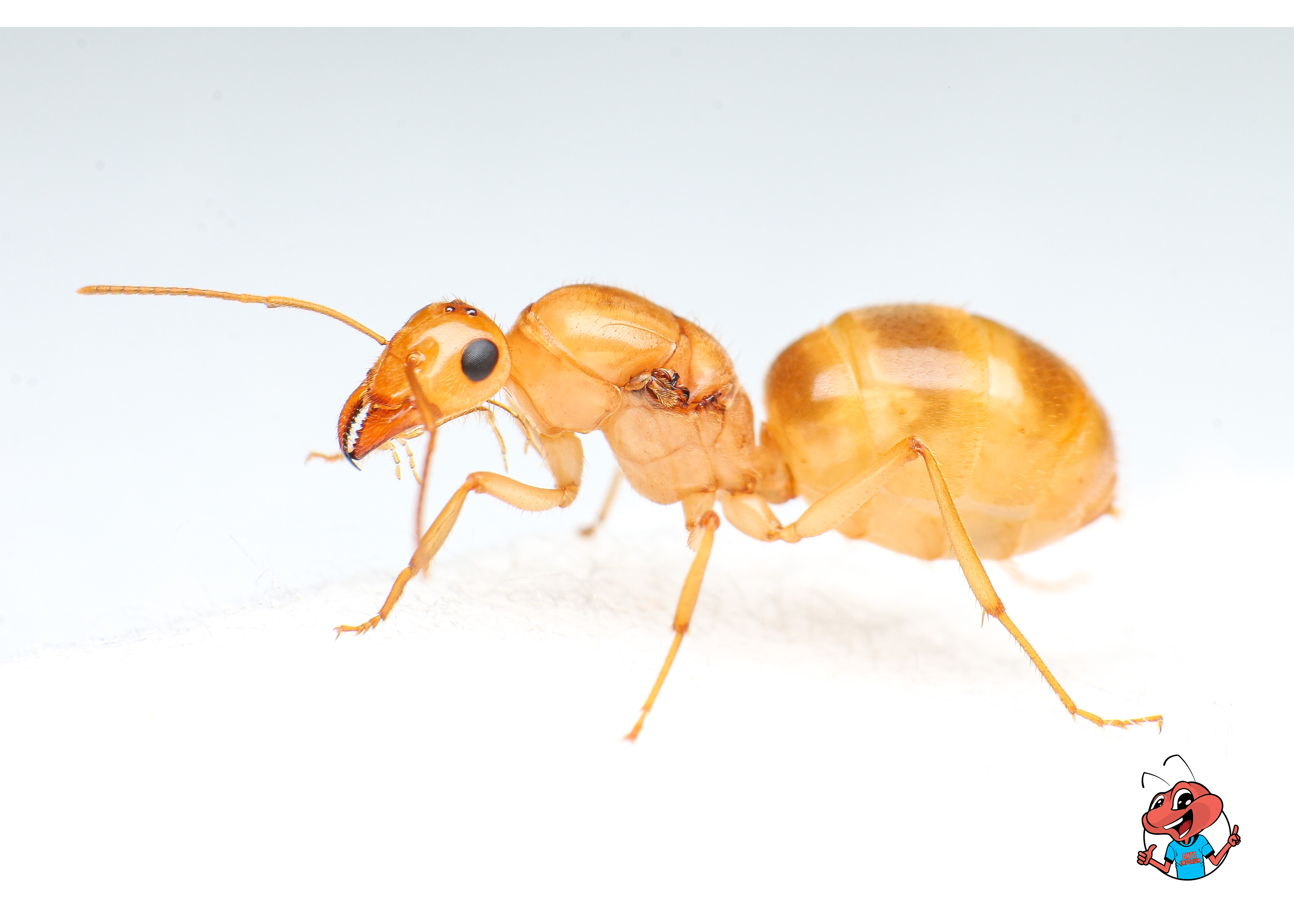
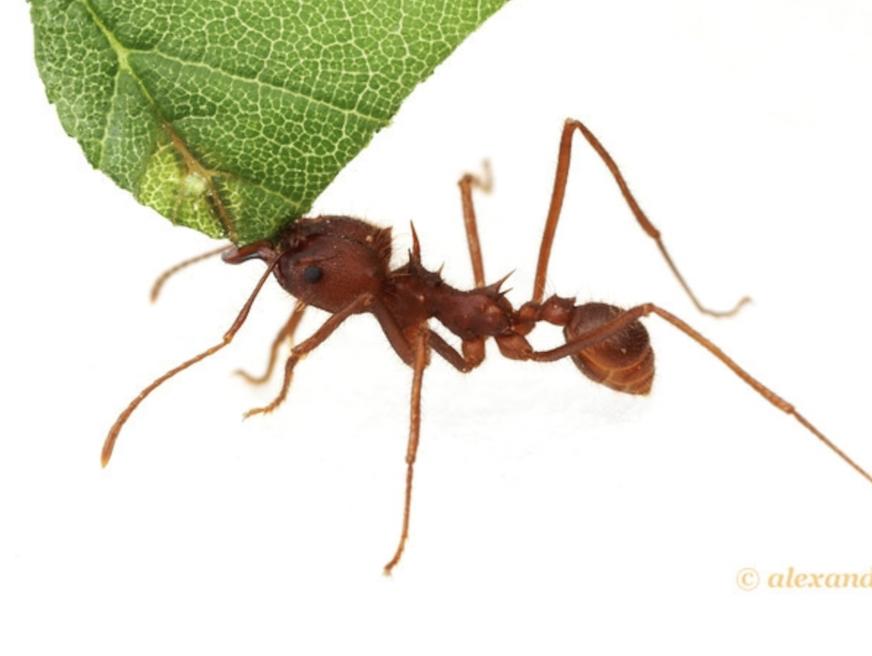
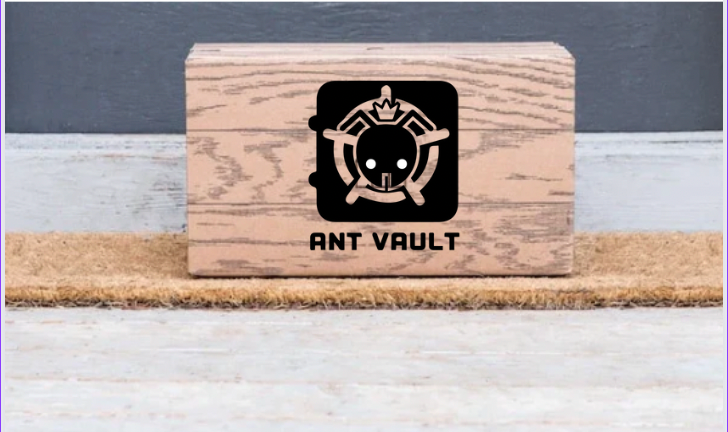


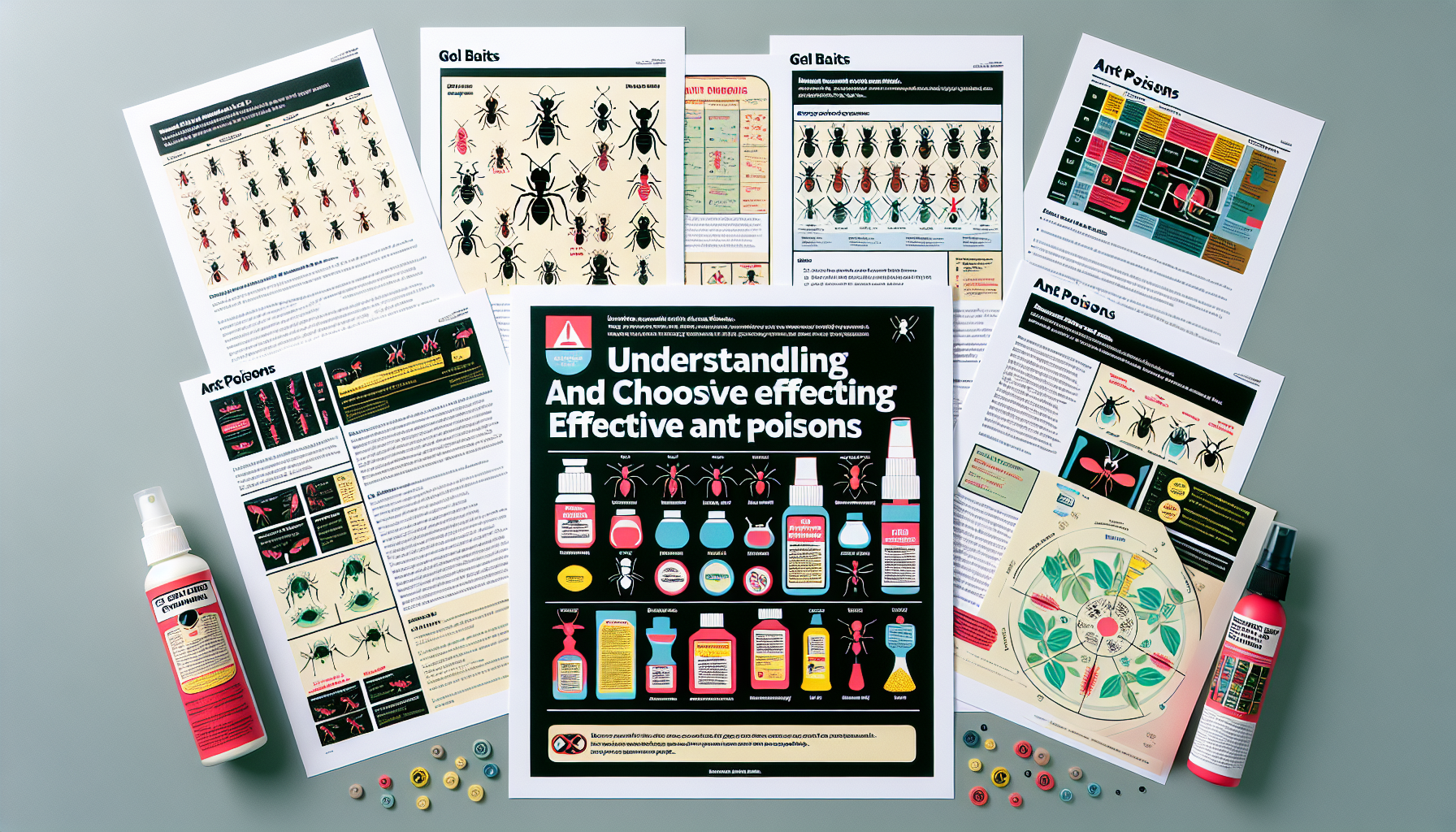
Leave a comment